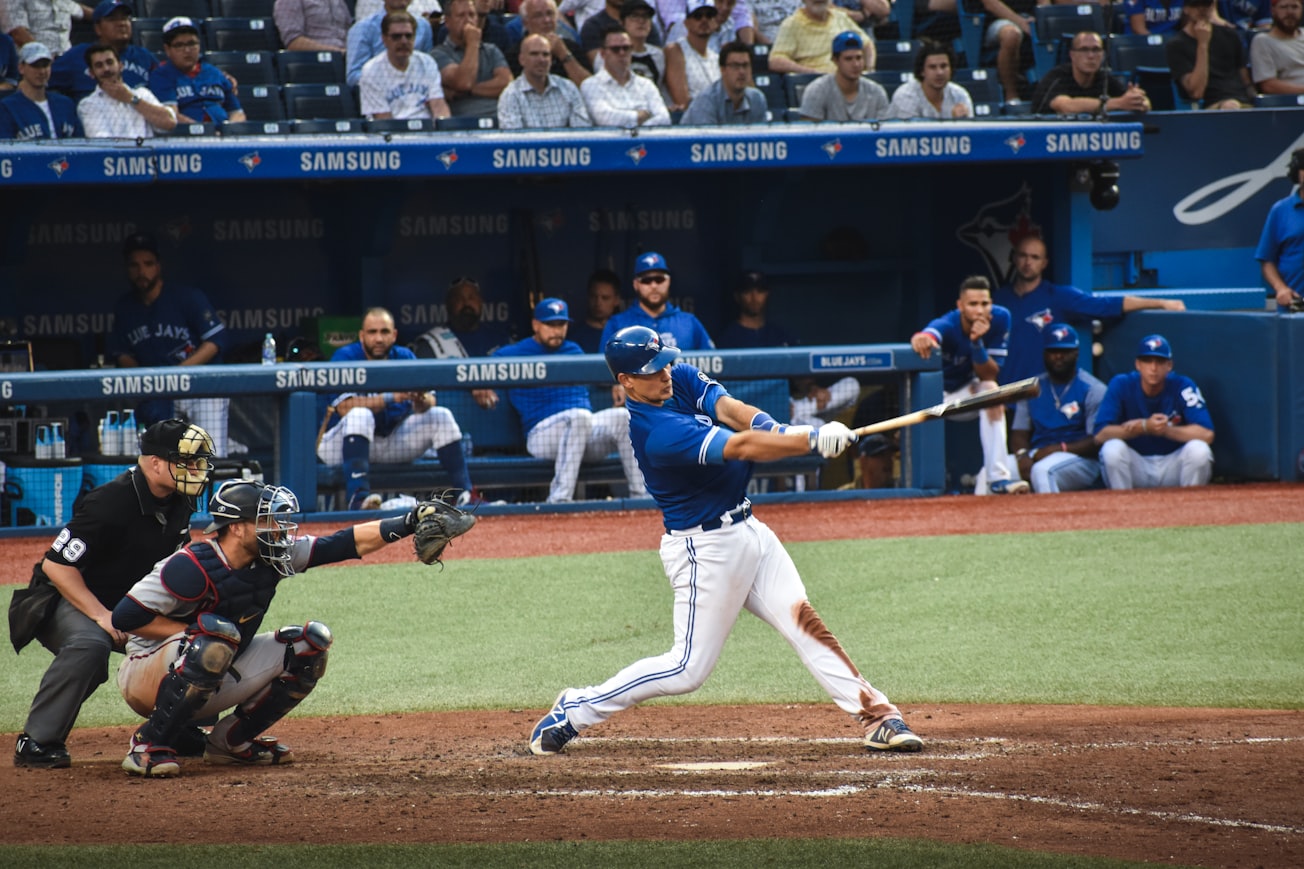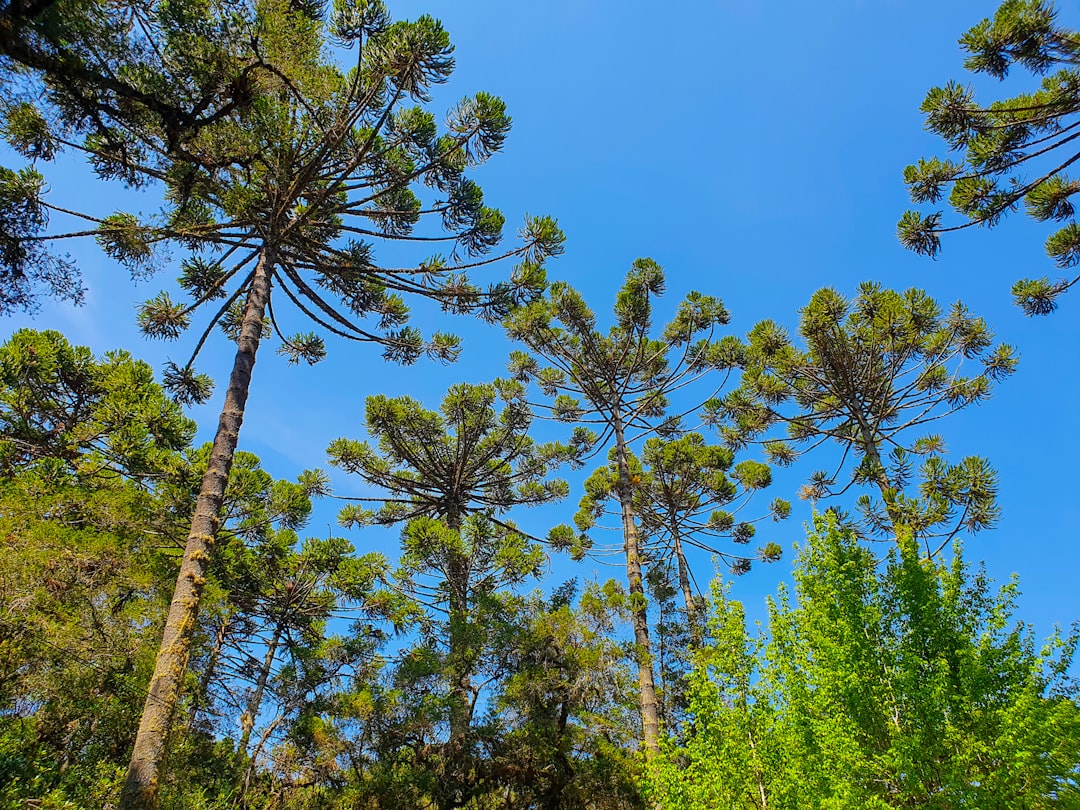What is it about?
Why do some people become experts in their fields while others don’t? There are many factors to this answer, but for a long time, scientists had thought differences in individuals’ abilities to perceive visual, auditory and other external information was not one of them. Individual variability in perceptual learning had long been considered random fluctuations or “noise” by scientists. We trained 49 participants in seven visual, auditory, and working memory tasks, each in five consecutive daily sessions lasting around one hour, for a total of 35 days and 23,720 trials per participant. We found that individual differences in general perceptual learning ability did indeed affect a person’s ability to excel in specific tasks. High IQ, extraversion, and openness scores were linked to better learning ability, while high scores in neuroticism, agreeableness and conscientiousness caused negative effects on perceptual learning.
Featured Image

Photo by Daiji Umemoto on Unsplash
Why is it important?
The results may have important implications for identifying elite learners such as baseball players because general perceptual learning ability could provide a criterion to help sort out the best learners who are more likely to perform better in learning perceptual skills, as well as designing better rehabilitation plans for patients. For example, when treating eye diseases, one can use a small set of training tasks to test the patients’ visual learning ability to decide whether the training is effective and design the optimal treatment plan for each individual patient.
Perspectives
Previous research on perceptual learning mostly focused on a single task, but perceptual expertise requires training in multiple tasks in real life. Expert meteorologists are able to extract weather information from dynamic satellite images because they can perceive and analyze many aspects of the complex imagery through years of practice. In other words, they are highly skilled in many different perceptual tasks. Training the same participants in a wide range of tasks in one study can better simulate reality. We had been envisioning a study of this scale for more than ten years but never before got a chance to make it happen because of the difficulty of persuading dozens of people to stay in an experiment for more than a month without interruption. We appreciate the support of all the study participants and the great team effort on collecting this high-quality big data. We have detected a number of other very interesting phenomena in the data and are applying more advanced data analytical techniques to better understand the observations.
Zhong-Lin Lu
New York University
Read the Original
This page is a summary of: General learning ability in perceptual learning, Proceedings of the National Academy of Sciences, July 2020, Proceedings of the National Academy of Sciences,
DOI: 10.1073/pnas.2002903117.
You can read the full text:
Contributors
The following have contributed to this page










